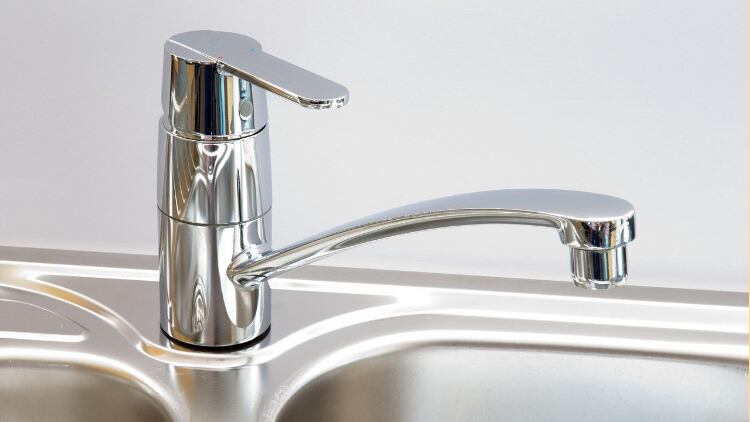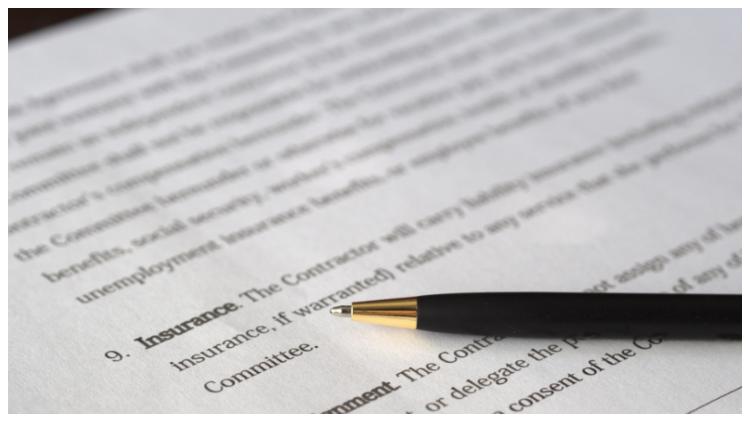The Health and Safety Executive (HSE) has said employers – and those in control of premises – have a duty to identify and control risks associated with water system stagnation.
Such stagnation occurs because of a lack of use, meaning many pubs could be vulnerable owing to the nationwide lockdown measures.
There is a heightened risk because there will be an increased number of people who are susceptible owing to a compromised respiratory system during or after having coronavirus, according to the Chartered Institute of Environmental Health’s resource on the issue.
The two risk factors that could have increased because of the pandemic are temperature and time for stagnation to occur.
Ensure cold water is cold (below 20°C) and hot water is hot (above 50°C) because Legionella bacteria thrives at the temperatures in between.
The risk of growth will also increased when water is left within a system without movement for more than a week.
Guidance from the HSE states that hot and cold water outlets should be flushed weekly to prevent stagnation. It recommends working with a competent person to help meet the premises’ health and safety requirements if it is not possible for you to carry out this task by yourself.
Review the risk
If you do not already have a plan in place to reduce the risk of the bacteria during this period, guidance states you must ensure that there are adequately trained personnel available to carry out essential checks and monitoring, and that chemical supplies are maintained and dosed appropriately.
It is recommended to speak with your water treatment company for help and to see if you need to stop the operation of any systems.
Respiratory protective equipment (RPE) should be used if you need to clean a water system. As disposable respirators (masks) are in high demand at the moment, the HSE has recommended sourcing suitable alternatives, provided a risk assessment is conducted for them.
Alternatives could include a reusable half-mask or full-face respirator fitted with a filter or an air-fed hood or full-face mask supplied with breathing-quality air.
When the water system is returned to use, publicans should review their risk assessment and continue to manage the Legionella risks.
More guidance from the HSE can be found on its website.
• Read the latest digital edition of The Morning Advertiser – for free – by clicking here.




